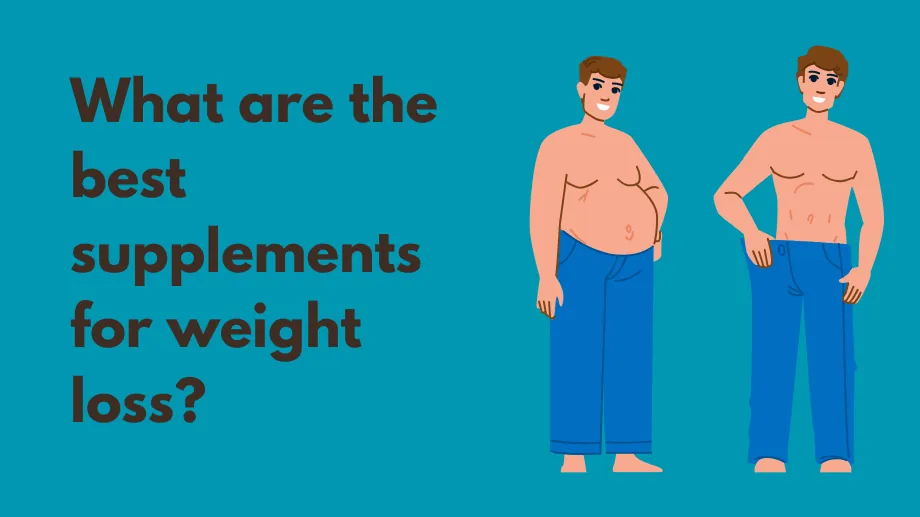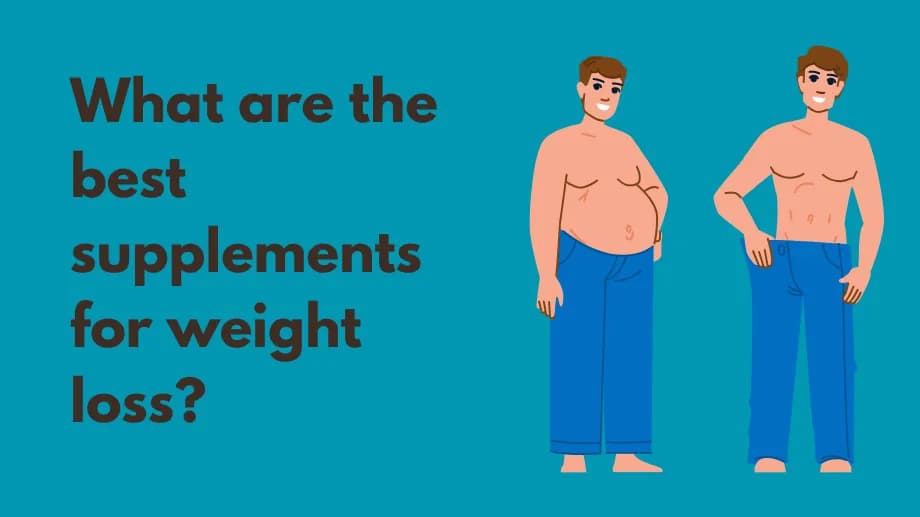What are the best supplements for weight loss?

With obesity rates high, many Americans turn to dietary supplements for weight loss. However, the effectiveness and safety of these products can vary.
Understanding Weight Loss Supplements
Weight-loss supplements often contain a mix of herbs, vitamins, and minerals. Claims include metabolism boosting and appetite suppression, but evidence supporting these claims is often limited.
Regulation and Efficacy
The FDA oversees these supplements but does not require rigorous testing before they reach the market. Safety concerns can lead to recalls or enforcement actions.
Popular Ingredients in Supplements
- Caffeine: Known for boosting metabolism but can lead to tolerance and has cardiovascular risks.
- Green Tea Extract: Contains antioxidants and caffeine, shown in some studies to increase fat burning.
- Conjugated Linoleic Acid (CLA): Mixed results in studies regarding its effectiveness in reducing body fat.
- Chitosan: Claimed to block fat absorption but has shown mixed results in studies.
- Chromium Picolinate: Thought to enhance insulin function and reduce appetite, though evidence is weak.
- Glucomannan: A fiber that may help with satiety but has shown minimal impact on weight loss.
- L-Carnitine: May help reduce body weight but comes with potential side effects like nausea and a fishy body odor.
- Probiotics: May help balance gut flora and aid in weight management, though results vary.
- Yohimbe: Associated with fat burning but can cause significant side effects.
- B Vitamins and Vitamin D: Important for energy metabolism but unlikely to cause significant weight loss without deficiency.
- Magnesium: Essential for over 300 enzyme reactions but not directly linked to weight loss.
- 5-HTP: May influence appetite but should be used cautiously due to potential interactions with other medications.
Considerations and Warnings
While some supplements may offer modest weight loss benefits, they cannot replace the need for a healthy diet and exercise. Additionally, potential side effects and interactions with other medications make it crucial to consult healthcare providers before starting any supplement regimen.
Sources
- Obesity Reviews
- National Institutes of Health, Office of Dietary Supplements
- American Journal of Clinical Nutrition
- Critical Reviews in Food Science and Nutrition
